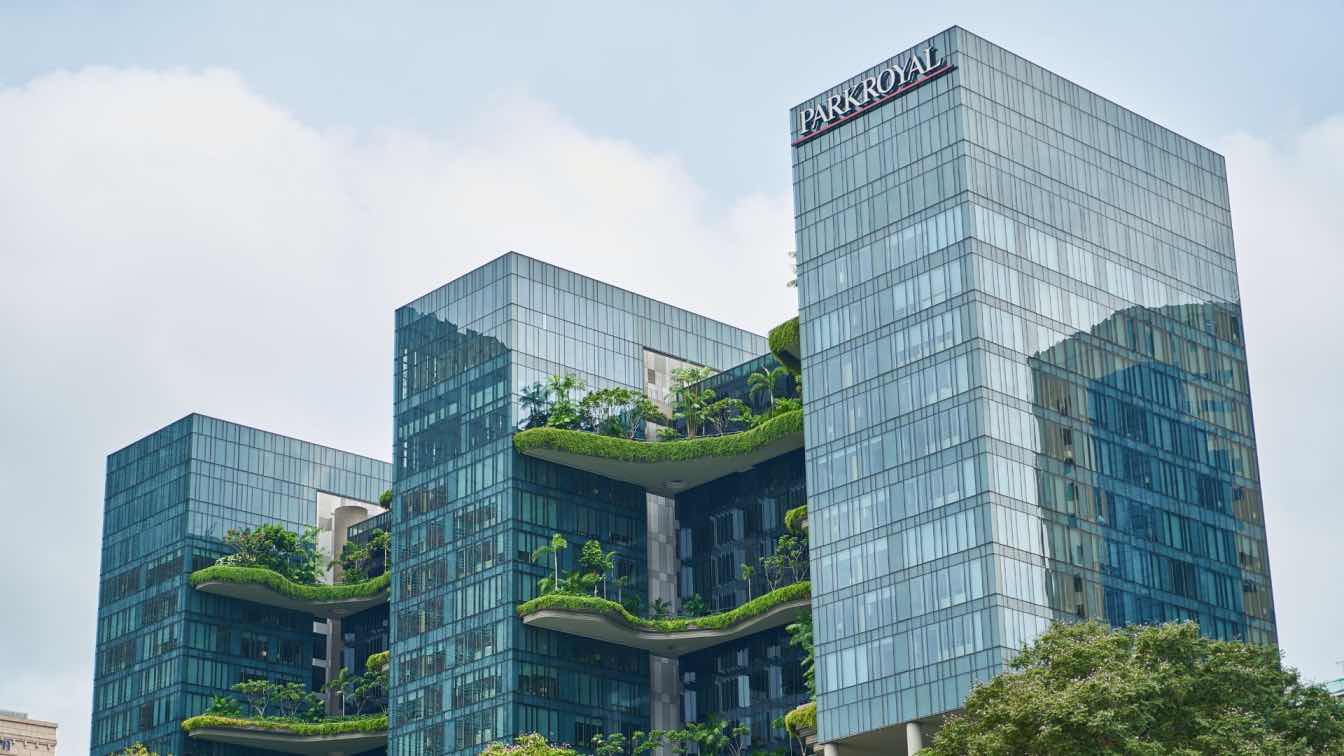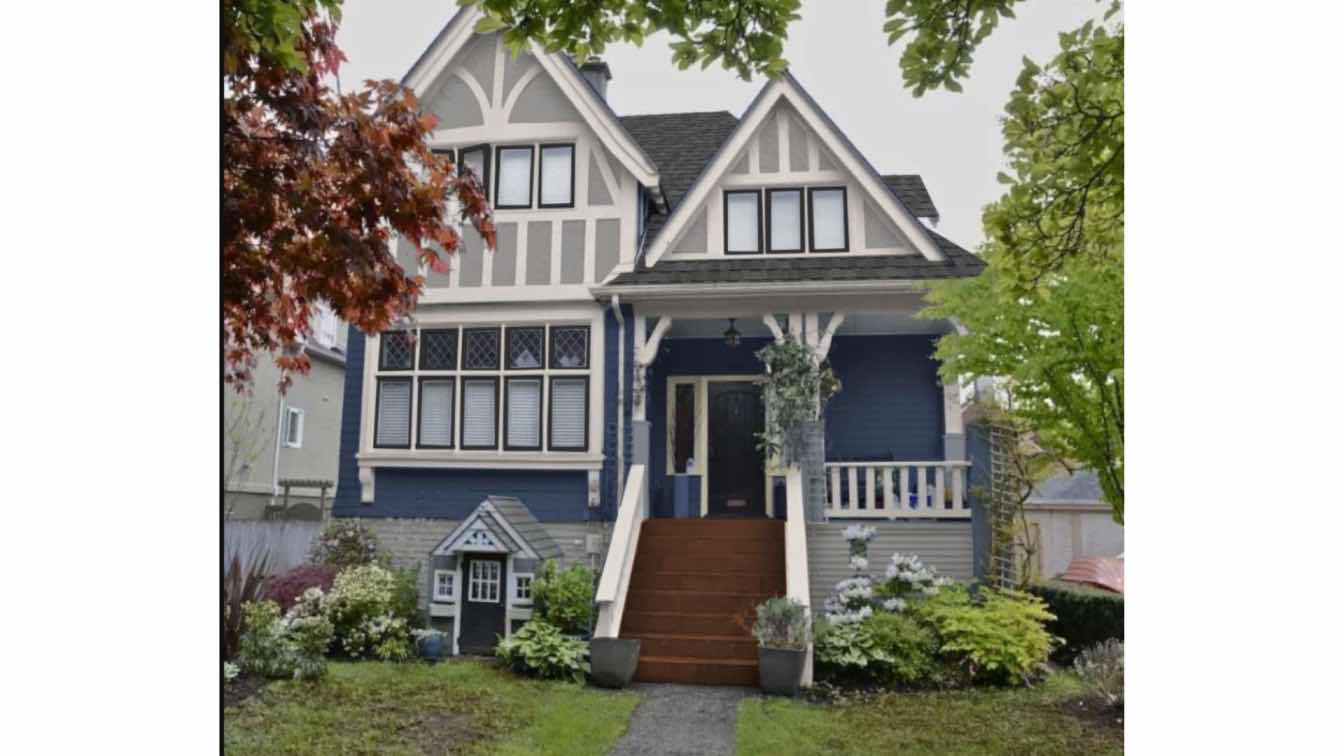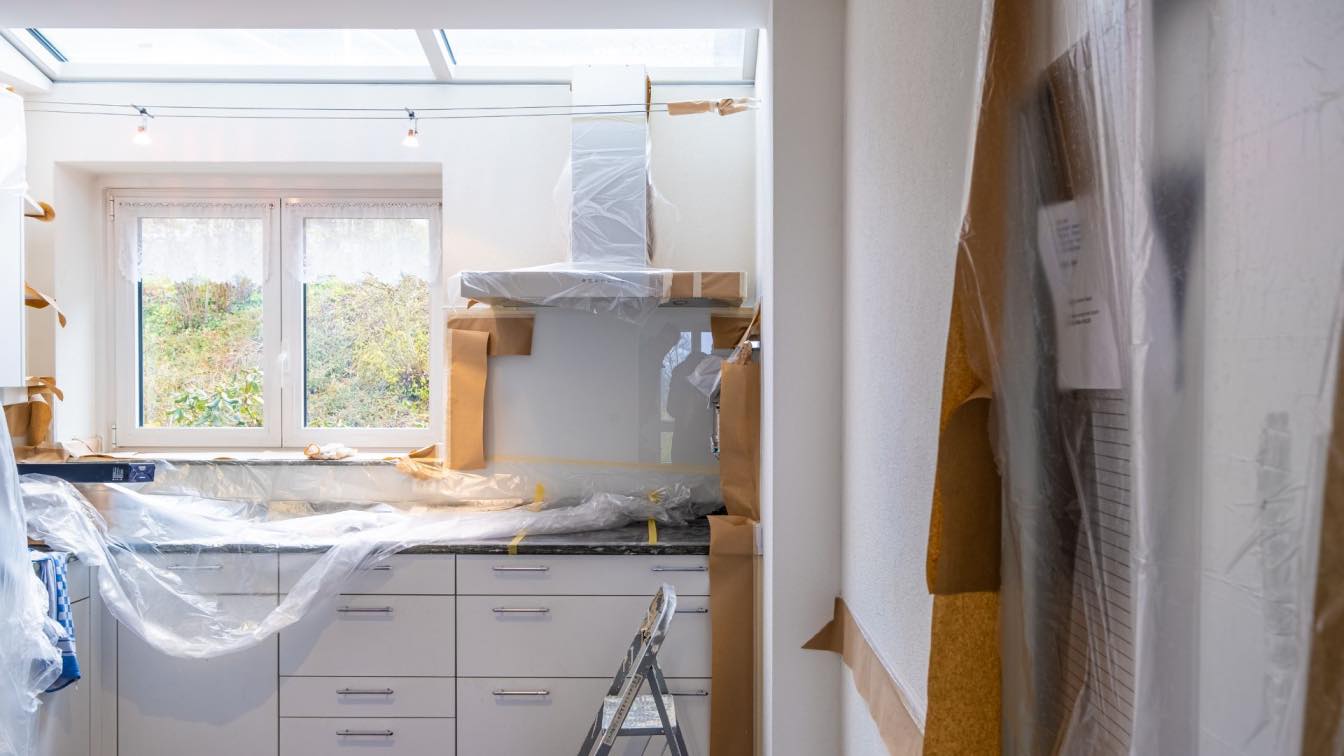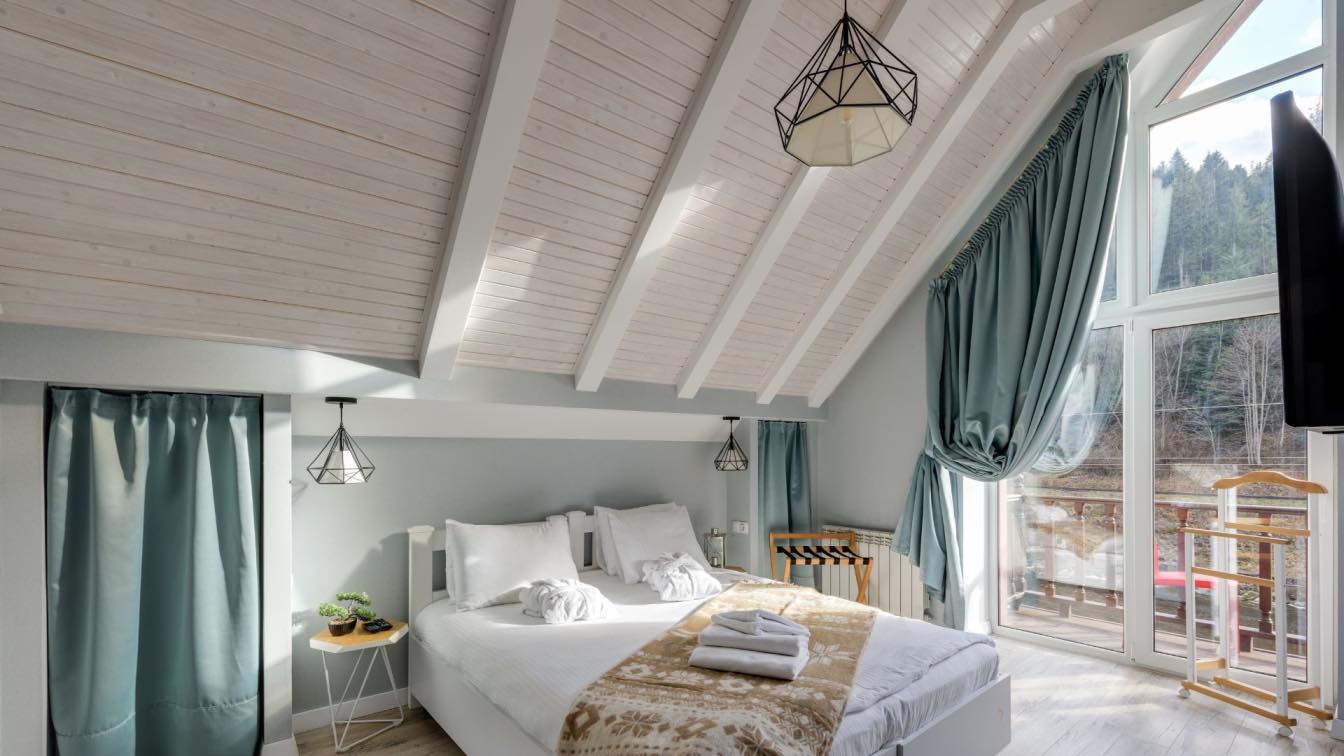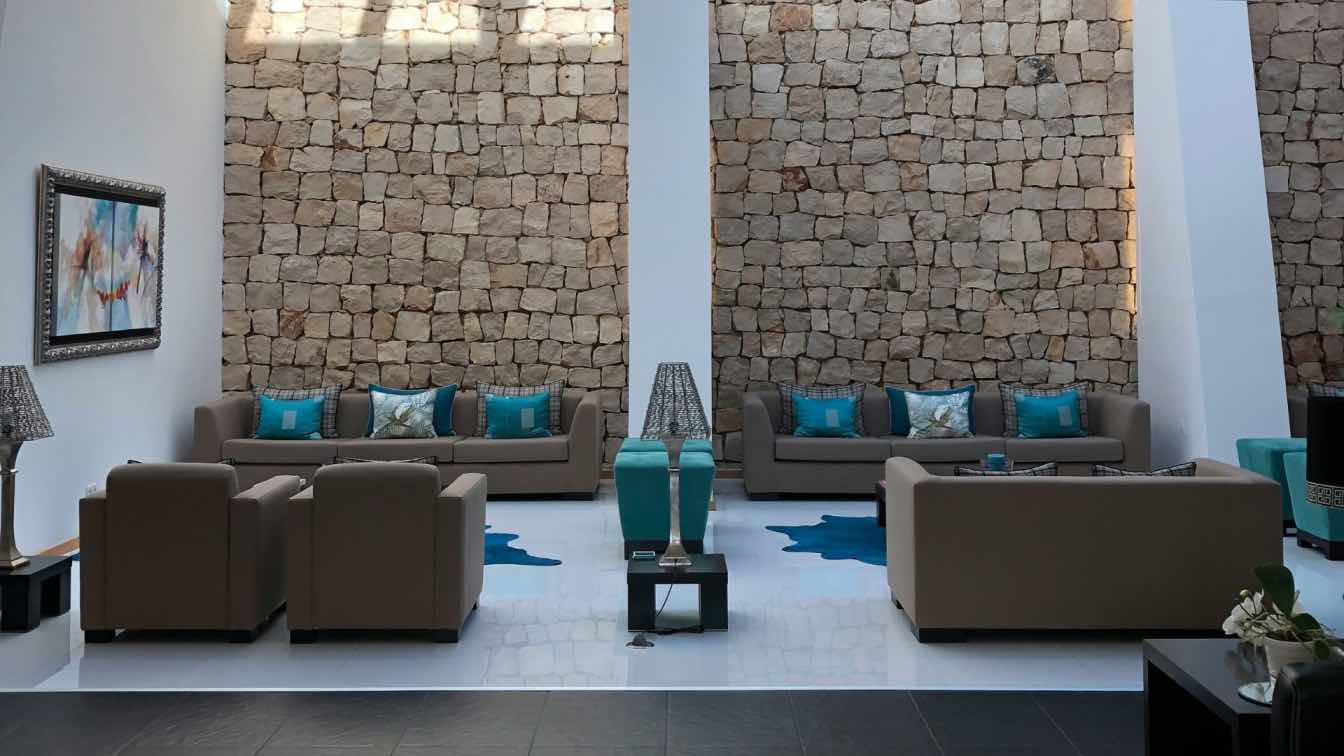Sustainability isn’t just a buzzword anymore—it’s a lifestyle, a mindset, and increasingly, a key factor in real estate value. Buyers are prioritizing eco-friendly homes, and developers are catching on fast.
Why? Sustainable building practices don’t just help the environment; they make properties more appealing, functional, and cost-efficient. If you're wondering how sustainability ties into real estate value, you’re in the right place.
Why Sustainability Matters in Real Estate
Homebuyers today want more than just four walls and a roof. They’re looking for properties that align with their values and save money in the long run. A report by the National Association of Realtors found that 59% of homebuyers are willing to pay more for green features.
And it’s not just about attracting buyers. Sustainable upgrades can lower utility costs, reduce maintenance needs, and, yes, increase resale value. Features that enhance property value sustainably can turn a regular house into a dream home for eco-conscious buyers.
Top Sustainable Building Practices to Boost Real Estate Value
Here’s where sustainability and real estate value meet. These practices are proven to improve a home’s appeal, function, and bottom line:
1. Energy-Efficient Windows and Insulation
Proper insulation and double-glazed windows can cut energy costs by up to 20% annually.
Homes with energy-efficient upgrades are often rated higher in energy certifications, which appeal to buyers looking for long-term savings.
2. Solar Panels
Solar panels are a win-win. They reduce energy bills and add up to 4% to a home’s resale value, according to Zillow.
Incentives like tax rebates make solar panel installations more affordable for homeowners.
3. Smart Water Management
Installing low-flow faucets, dual-flush toilets, and rainwater harvesting systems isn’t just sustainable—it’s practical.
Efficient water systems can save up to 30% on water bills, which is a big selling point for cost-conscious buyers.
4. Sustainable Materials
Bamboo flooring, recycled steel, and reclaimed wood are not only environmentally friendly but also incredibly durable.
Using these materials can attract buyers who value aesthetics and sustainability equally.
5. Smart Home Features
Smart thermostats, lighting, and energy monitors don’t just scream “tech-savvy”; they significantly reduce energy waste.
Homes equipped with these technologies sell faster, according to multiple real estate studies.
The Role of Green Certifications
Certifications like LEED (Leadership in Energy and Environmental Design) or Energy Star are more than just badges of honor. They’re a signal to buyers that a property is sustainable and efficient. A study by the U.S. Green Building Council found that LEED-certified homes sell for 8% more on average compared to non-certified homes.
If you're thinking about selling your home, these certifications can make your property stand out in a competitive market.
Affordable Ways to Incorporate Sustainability
Not every upgrade needs a massive budget. Here are some smaller changes that pack a big punch:
1. Replace incandescent bulbs with LEDs.
2. Add weatherstripping to doors and windows to reduce drafts.
3. Plant native landscaping to cut down on water use.
4. Install a programmable thermostat to optimize energy use.
These quick fixes are easy to implement but can still boost a home’s green appeal.
The Future of Sustainable Real Estate
Sustainability isn’t a trend—it’s the future. As building codes evolve and buyers become more eco-conscious, sustainable practices will continue to gain importance in the real estate market. Homes with sustainable features sell faster, attract better offers, and reduce the environmental impact. That’s a win for everyone.
Conclusion
Sustainable building practices aren’t just about reducing carbon footprints. They’re about creating homes that are efficient, comfortable, and valuable. From energy-efficient upgrades to eco-friendly materials, these features that enhance property value sustainably are here to stay.
So, what’s your next green move? May it be solar panels or smart thermostats, every step towards sustainability adds value—not just for the environment but for your real estate too.

